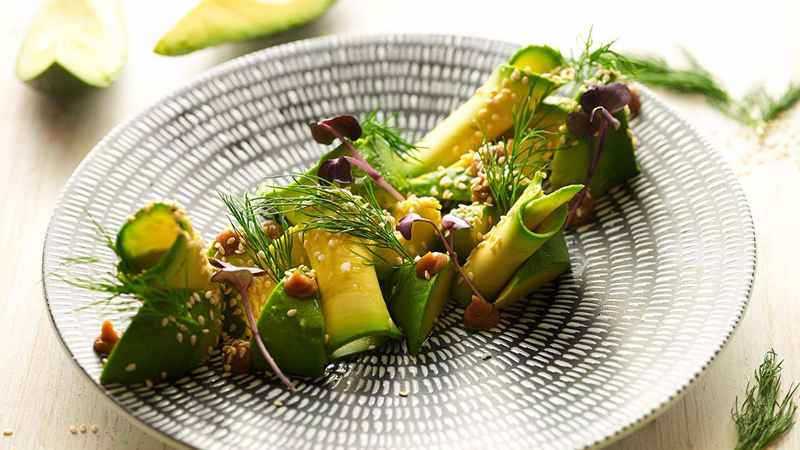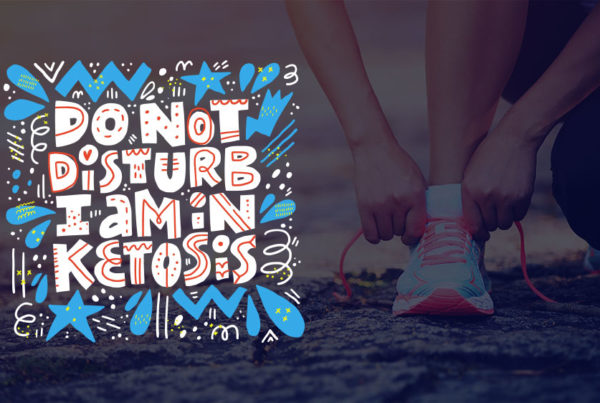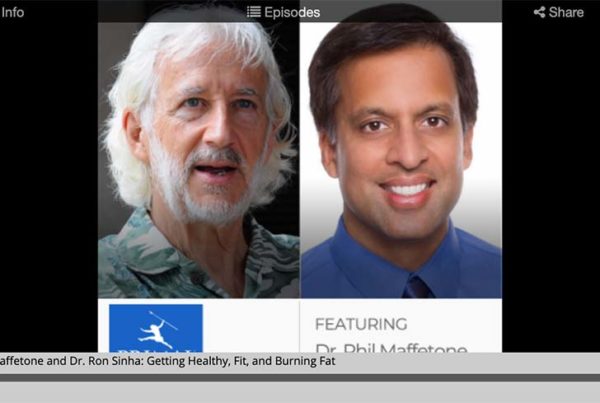
Yes, it takes some planning but it can be done!
By Philip Maffetone and Kate Ouellette-Cretsinger
Editor’s note: Both Phil and Kate have each had professional and personal experiences with these eating approaches.
Millions of people on earth are vegetarian. In India alone there are hundreds of millions of vegetarians. For those who avoid meat, or all animal products as do vegans, natural eating must remain a primary focus for improved health and fitness.
Just being vegetarian or vegan does not automatically imply health, as too many still consume refined products and other junk food, or otherwise don’t balance nutritional needs. While learning to eat healthfully and naturally these days is challenging enough, there are added demands for vegetarians, and even more for vegans, including reading the labels on products to avoid bad ingredients.
The Two-Week Test can help. It’s an important evaluation tool that allows users to determine their level of carbohydrate intolerance as a way to personalize eating habits, whether for weight-loss, fat-burning, athletics, exercise or other benefits.
While there are often personal exceptions, typically vegetarians avoid meat while eating eggs and dairy; vegans avoid all animal products.
For both groups, meeting protein needs is a primary challenge. In addition, minimally required intakes of vitamin A, EPA, vitamin B12 and others are vital. This is especially true for vegans, who require dietary supplements because animal foods are the only sources of these nutrients,.
Here’s an overview of some key components for vegetarians and vegans in performing the Two-Week Test, or even the Two-Week Keto Test. The information in the original Two-Week Test article, or the keto version is modified by using the information in this article.
Here are some key considerations.
Healthy Fats
Because carbohydrates are very restricted during the Two-Week Test, these foods must be replaced by healthy fats.
For both vegetarians and vegans, top high-fat foods include avocados and coconut, along with their oils such as coconut (and coconut “butter”), avocado and extra-virgin olive (choose popular brands to avoid fake olive oils).
Veggies
Of course, a variety of vegetables to use during the Test include leafy ones, while avoiding all potatoes and corn (and products containing them). Like all foods, avoid vegetables that cause indigestion or otherwise don’t make you feel good.
Vegetarian Protein
The best protein foods for vegetarians are whole eggs and fermented dairy such as cheese, sour cream, kefir and fully cultured yogurt (of course, sugar-free). By eating sufficient amounts of both eggs and cheese, adequate protein with a complete amino acid profile can easily be obtained. As such, many of the recipes on this website are useful, along with adapting to your favorite salads or dishes by substituting eggs and cheese for meat and fish.
Whole eggs and cheese are also great for snacks, and both egg powder and whey concentrates are useful for smoothies or to supplement protein if needed.
Vegan Protein
A challenging feature of being vegan is obtaining adequate protein, even when just trying to hit the minimum guideline of 1+ gram of protein per kilogram of body weight. So the use of a dietary protein supplement is virtually a necessity. There are many powders available, and when we eliminate those with higher amounts of carbohydrate, along with those containing soy-based products, flavorings (most are artificial), added sugar, or other unhealthy ingredients, we’re left with unflavored organic pea protein and unflavored organic hemp protein. When used in a smoothie, add a small amount of nuts for added protein, healthy fat and taste.
Nuts are a good plant protein but also contain a fair amount of carbohydrates, so monitor carefully during the Two-Week Test, especially if using almond milk or nut butters. One of the best lower-carb nuts is macadamia. Walnuts and pecans are good too, especially when fresh (shell your own).
Vegan Two-Week Test Meals
- Sautéed spinach and mushrooms, cold roasted butternut squash or onions, avocado topped with almonds and/or macadamia nuts and a drizzle of MCT or coconut oil.
- Sautéed kale, roasted mushrooms, zucchini, and onions, steamed spaghetti squash, avocado with a drizzle of MCT or coconut oil.
Use pesto, olives, recommended oils, fresh ginger and turmeric, cinnamon, pure vanilla, orange, peppermint or other extract, raw whole (or fresh ground) sesame or flax seeds (whole or fresh ground), coconut flakes, sea or pink Himalayan salt to your needs. Options: fermented vegetables, coconut milk (canned), cacao paste or powder.
Dessert or snacks:
- Avocado pudding (avocado, coconut milk, raw cacao powder—also can be frozen in ice cube trays).
- Any of the vegan meals in smaller amounts.
- A mix of raw nuts and seeds with coconut flakes, soaked in coconut milk.
- Raw cacao paste.
Ketosis, anyone?
A vegetarian Two-Week Keto Test is not difficult. In addition to measuring ketones in the urine, monitor the amount of daily carbohydrates consumed to 50 grams or less. Here’s a typical day:
Meal 1: Phil’s fat-burning ketone coffee. (Vegans can make this too with coconut oil or coconut butter.)
Meal 2: Two to four eggs with sautéed zucchini cooked in butter, with fresh tomatoes. Mixed salad with avocado, extra-virgin olive oil and vinegar.
Meal 3: Cooked broccoli in butter and garlic with cheese, 4 oz. dry red wine.
Dessert or snack: Heavy/whipped cream with shaved cacao.
For vegans, ketogenic eating is much more difficult. Minimize the use of nuts, with macadamia, walnuts and pecans useful. It might be best for vegans to start with the Two-Week Test first, then make adjustments into ketosis as caloric needs are reduced.
The goal of being vegetarian or vegan is health, which requires we consume adequate amounts of all nutrients from food and dietary supplements.
Kate is a Certified MAF Health & Fitness Coach, and Owner K8 4 Wellness.








